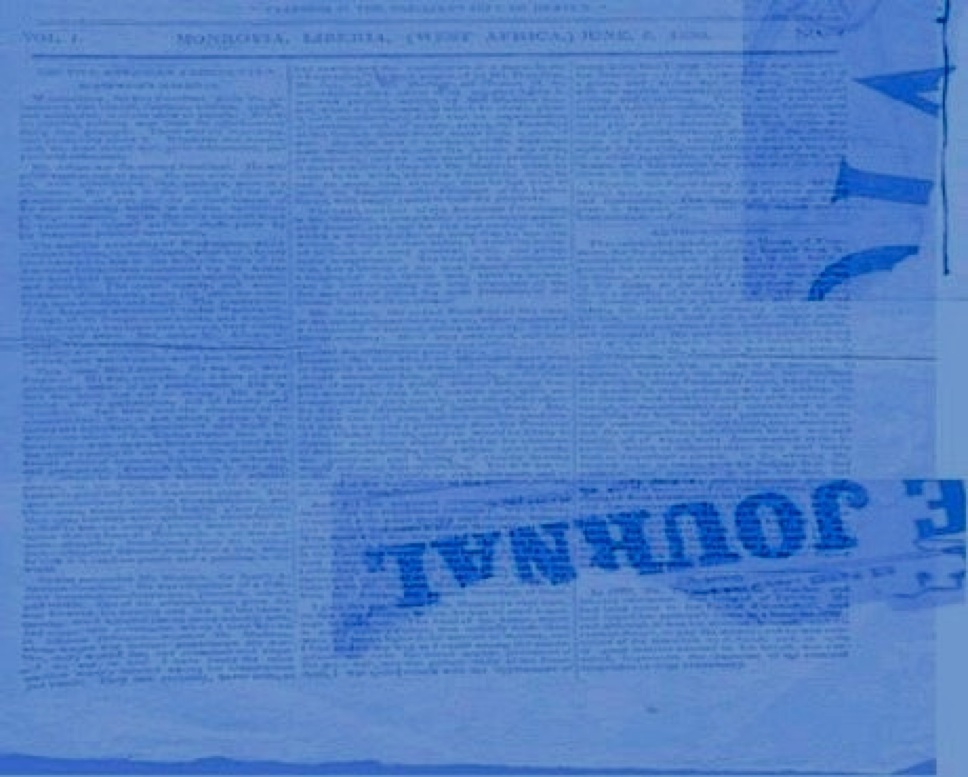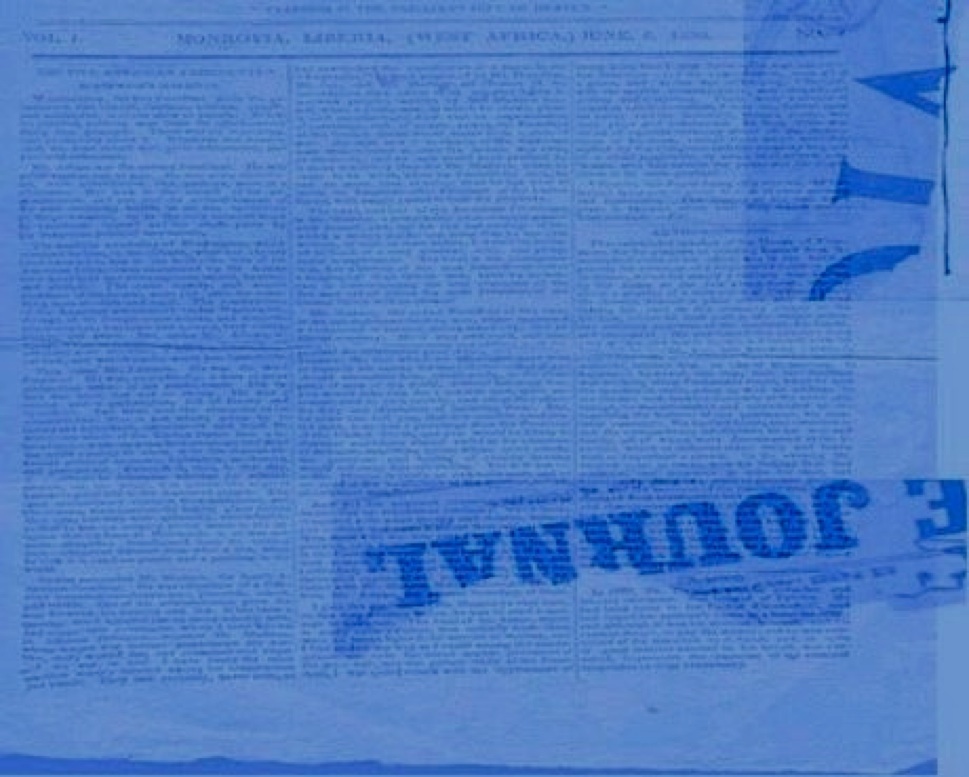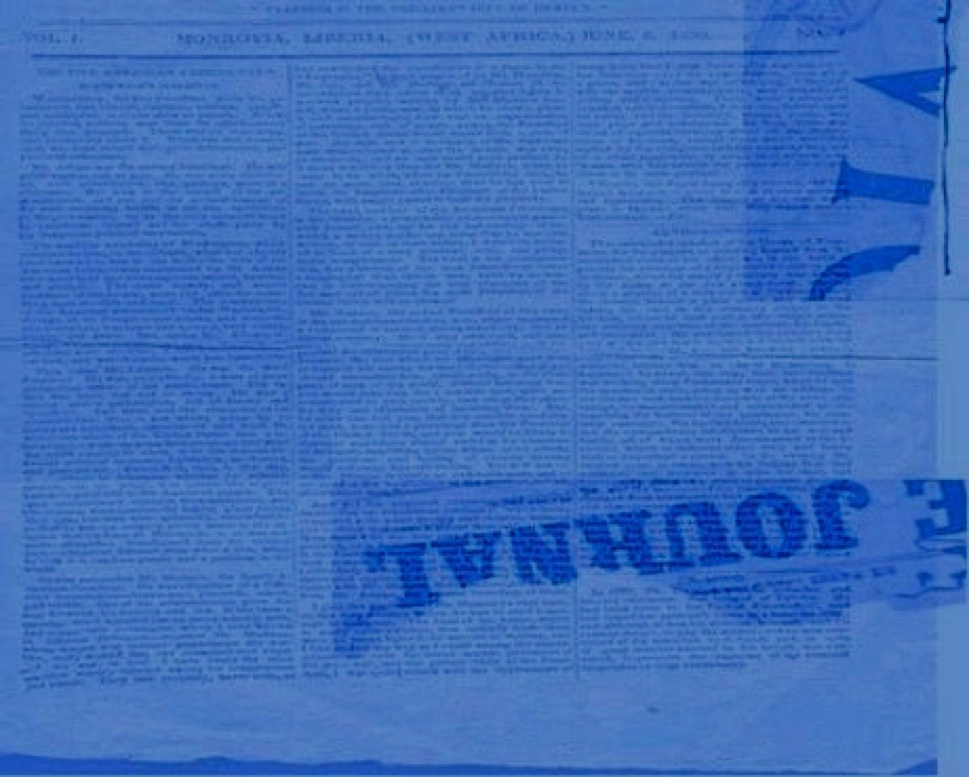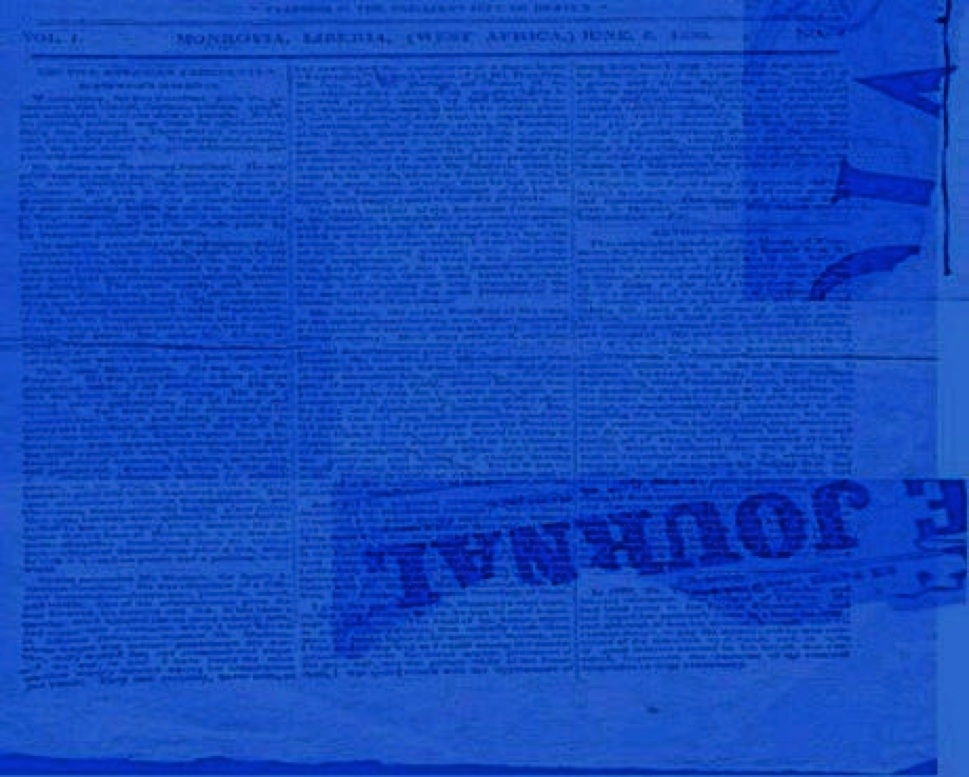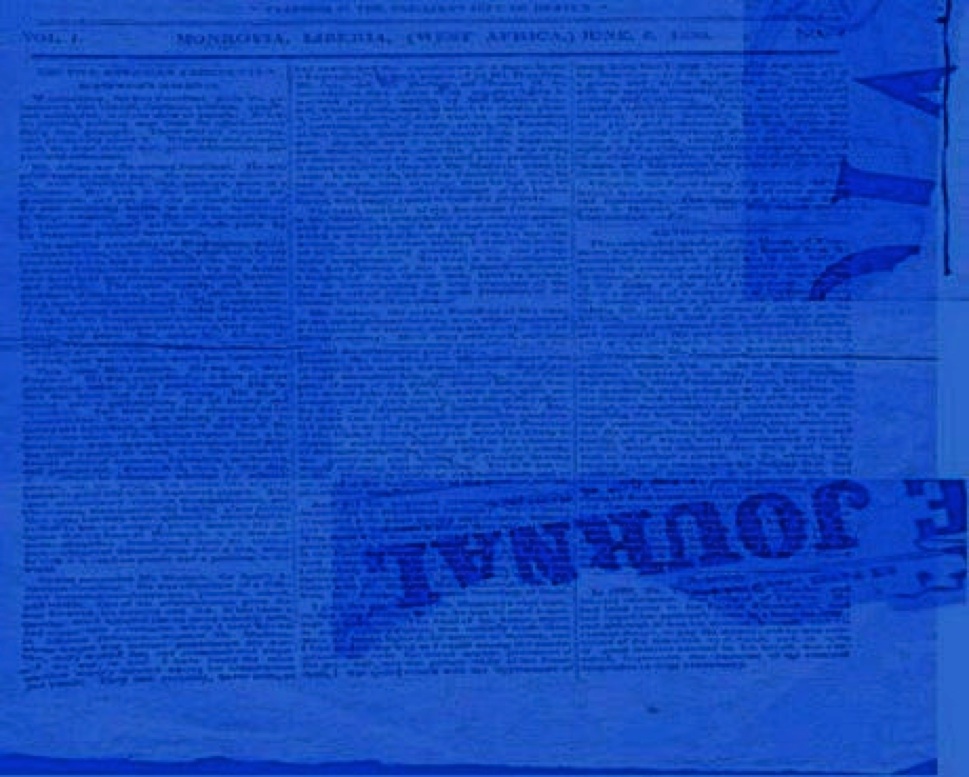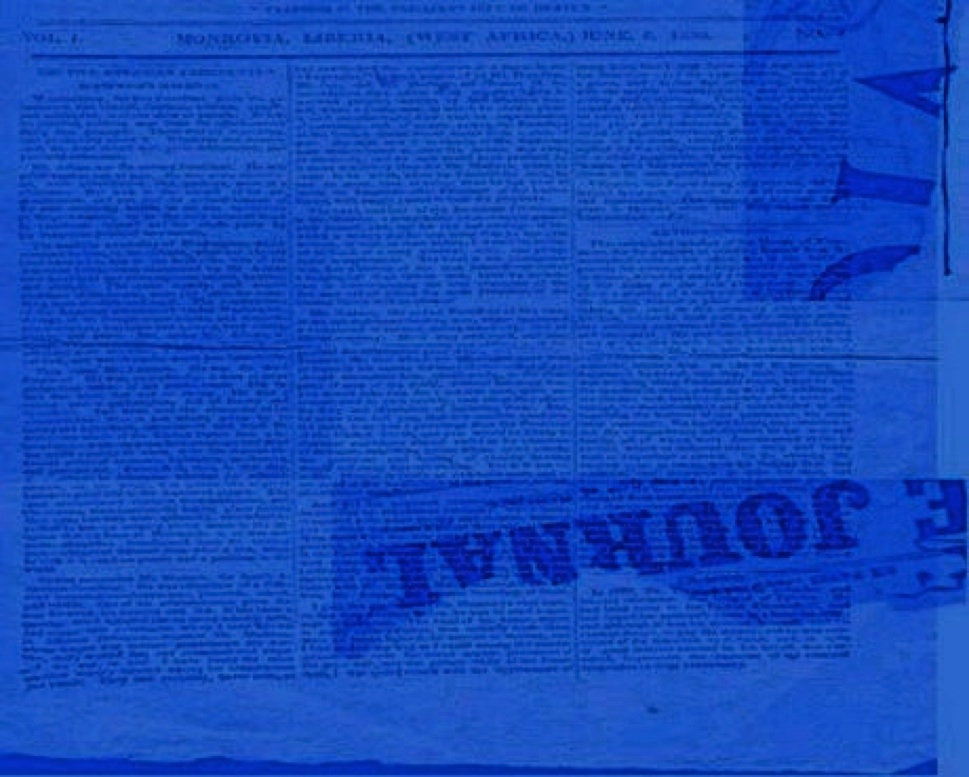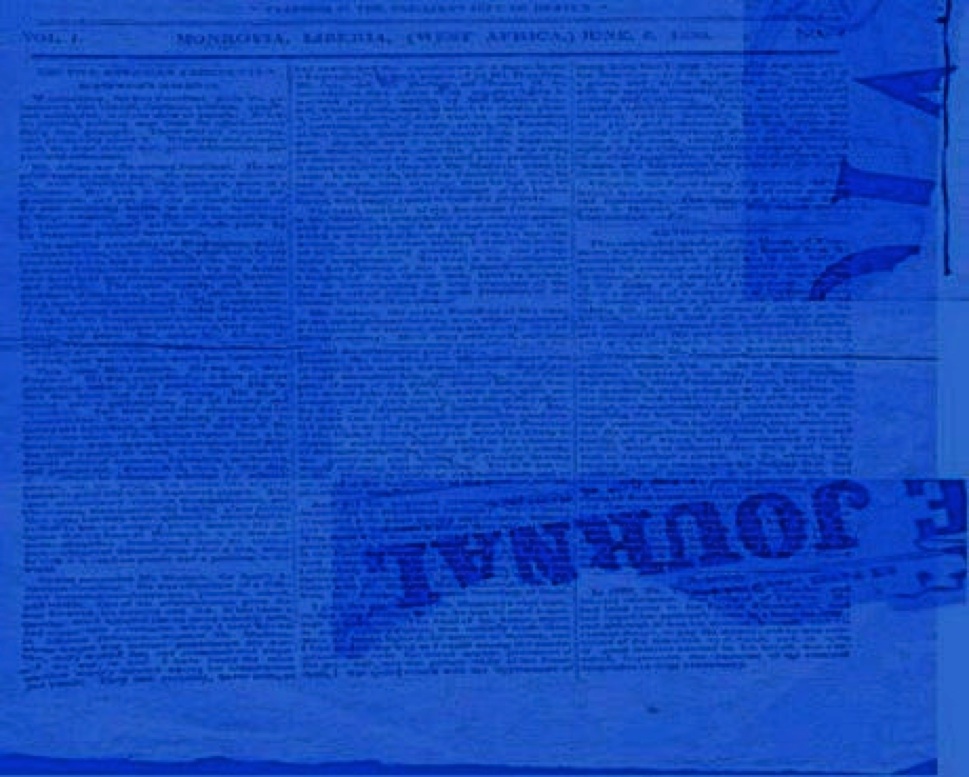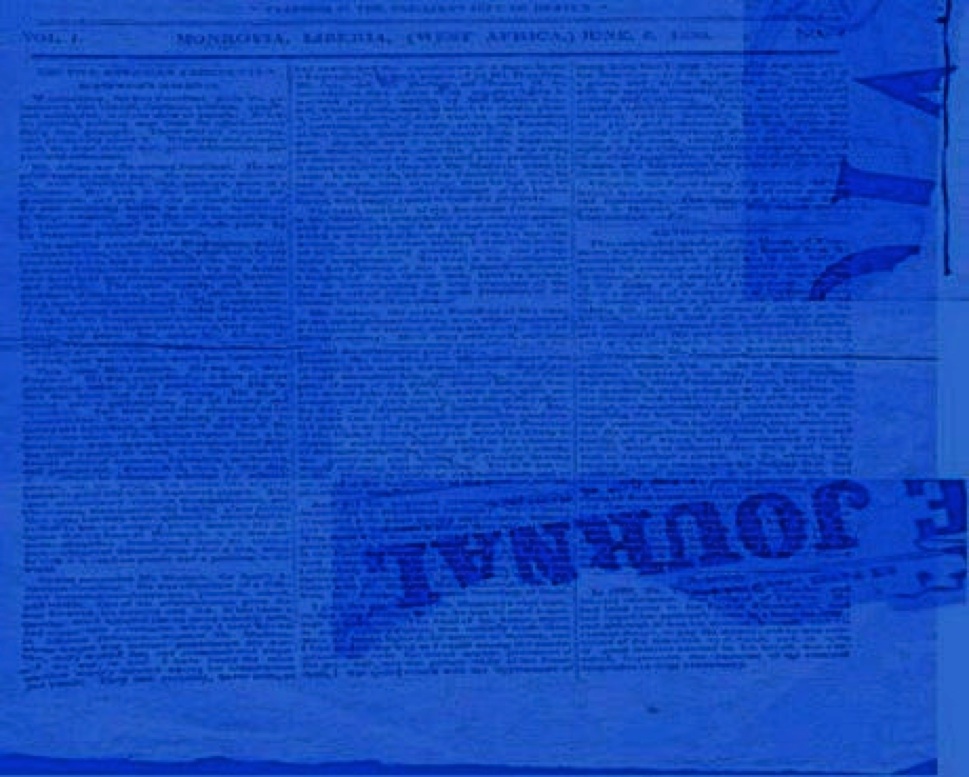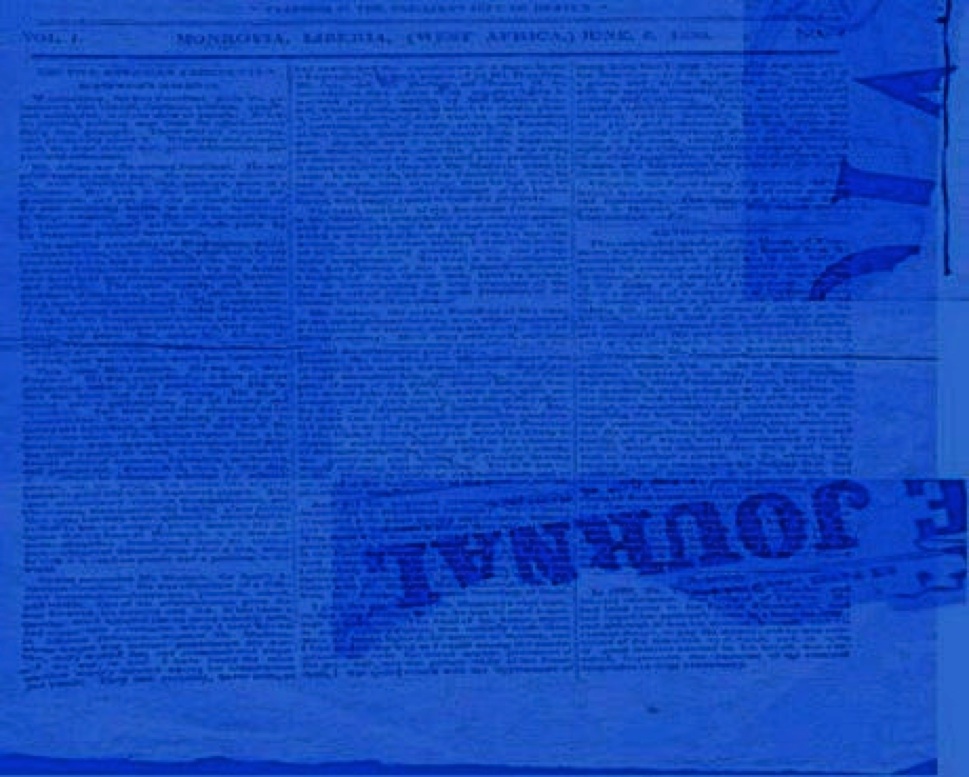Some thoughts about the creative process.
The following dialogue is from Jacques Rivette’s movie based on Honoré de Balzac’s “unknown masterpiece”:
•A ..... it was a question of life or death? .....
•B They say that when you paint you see your whole life. All forgotten memories. In a fraction of a second. Is this really possible? ... conceiving a lifetime ... on a canvas..... it looks incredible ..... but that’s what exactly asks the art .......
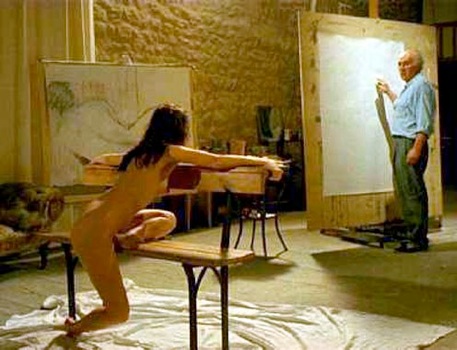
Let's talk a bit about the artist, as he starts and completes his work – I will talk about the painter, but the same things apply to all artists in general. And let me say these words the simple way, as the process and the concepts it carries are tricky. Let’s not make things more difficult.
Sitting in front of a «white» canvas, an "empty" paper, or whatever. The "gap" - the "chaos". And we must create in it a "world", to put an "order", to organize a universe. Where there is nothing, there must be a "universe". Does this practice look like "divine"? I do not know and I can not say. But I know without a doubt, and without exception, the great terror of the author in front of the chaos and the awesome power hidden within. The powers he has to work with, to organize, and perhaps to reveal. Which may be, in the simplest case, his own memories. Often forgotten, painful or undesirable, which must be called to become "universe".
Does it hurt? Yes, but he can not do otherwise, the path is one-way, as is the way of each creator, let’s say like the way of the mother. He must create something "new" and has the full and exclusive responsibility for it; but not for it’s further evolution, as everything is co-construction and each new "world" will continue its own life.
The author therefore feels "horror", "pain", "suffering" .... something like god or as a mother. And it is this good? What kind of life is this? Full of anguish, grief, fright? .... Without knowing exactly where this starts? And when, and if, it has reached an end?
But it is not exactly the case, it is not so ungrateful. The "creator" is richly rewarded. There is justice. And I can say that the reward is equal to the task he has to perform. He is free. For the creator, there are no rules. He makes the rules when they serve the purpose of its creation. Again, he removes them and changes them when they fight his purpose. And this freedom, in the creative process, is absolute and universal. It is not required for the creator to "bow" even to the rules he had established to serve the creative process. Why with such a "subordination", he will automatically cease to be free, so he would set aside his own nature as a "creator."
We understand with these few phrases (and, really, what do we need most of them?), that the artist is not a person for deification nor pity. Is neither above nor below the society. He is like any other man, just a little different. Let's just try to get close to him and understand
him.
He does the "work" for us, in our place, representing us. The «work» we can not do and we bestow him the right and obligation: to create today the «picture» of the world of tomorrow.
And to be able to do this, pays, at the expense of his own suffering, his own pain and his own blood. With price not to have memories like all of us, but having to live with his memories ever present – how scary actually, not being able to let the past "sleep"!
But only from the past can we find the material and the "wisdom" to create new things. Like Homer said in «Nekyia» one must descend to the underworld, to meet the past, to show him the way. This is the only manner.
And that's not all. The artist must remain "immature" like q child and "uncompromised". He must be able to dream. He is obliged to. Until his death until the end of time. Always uneasy, without the right for rest; because birth, creation, changes and revolutions, are all the fruits of youth. But what blessing this is!
There is one last thing. The artist has built his own walls and closed himself there, in order to be able from there to create. And these walls are nothing but his own sense (or illusion many times) of freedom. And this is necessary for what he is required to do. We understand very well that this may not always be what he desires, but it is part of his "mission". While perhaps he would like, since he is as any other human being, to enjoy the carefree life, comfort, welfare, pleasures of every kind. Let us be humble towards him, grateful for the "job" he does and for our own account. Let us not think him as strange because of his walls, his entrenchment, his otherness. Let us learn to respect, which ultimately means to have self-respect and self-esteem. Because otherwise, the eye sooner or later will expand into our own walls, which are usually characterized by certitude and compromise, usually fear of other, alienation, almost always the substitution of the "Dream" by "confidence", but lack of «youth». Let's be lenient and make a sincere effort. Naked across our soul alone. To understand the way of creation, with love for the things.
And I would like to finish these few remarks on the question of the creative act, with a line of the poet George Seferis that I like very much:
«And if I speak to you in parables and fables,
this is that you may listen to them with greater sweetness...»
Nikos Anestis
